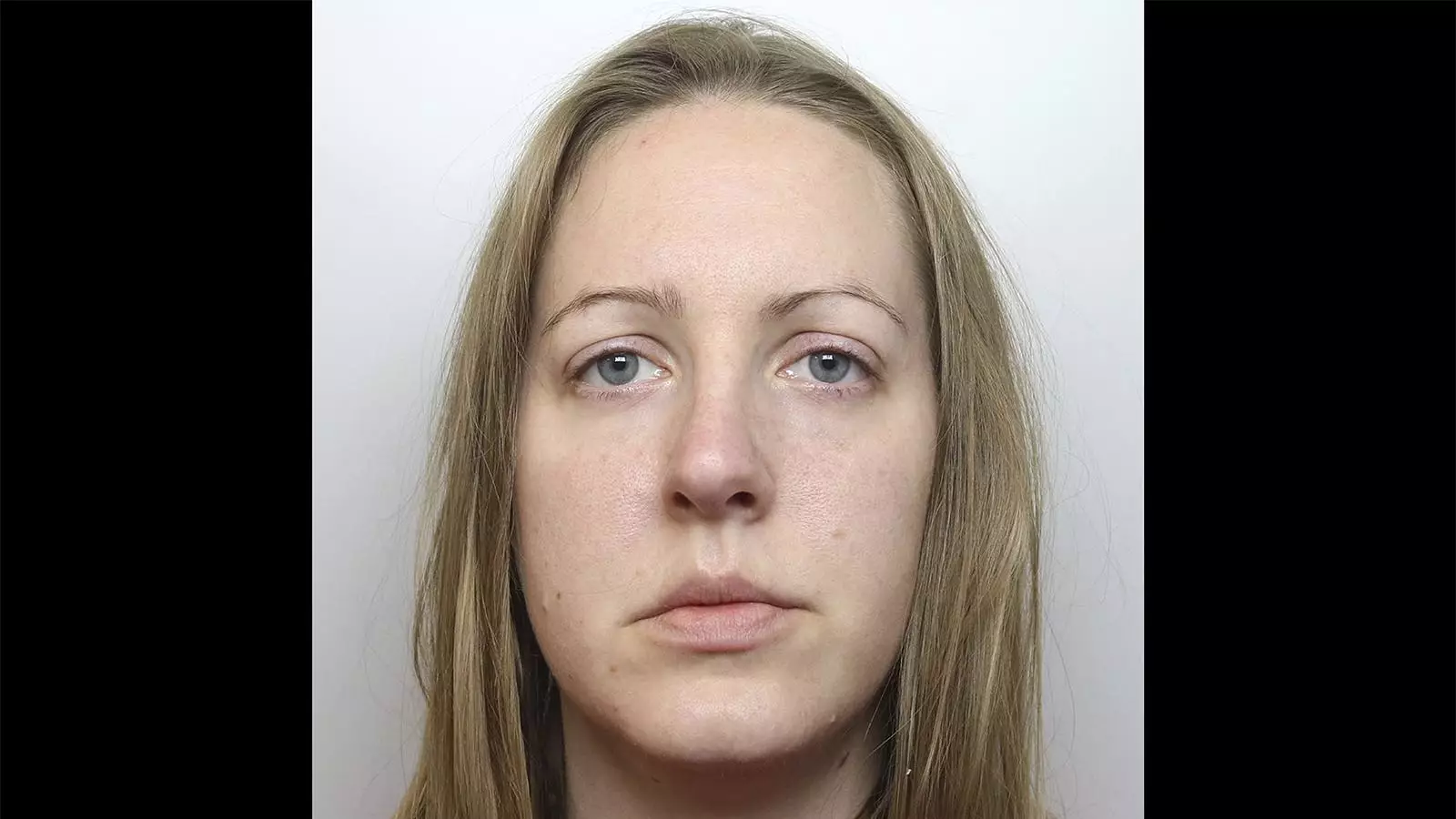In a shocking turn of events, the case of Lucy Letby, a former neonatal nurse convicted of multiple infant murders, has reignited discussions about the reliability of expert witness testimony in legal proceedings. Letby, who has been sentenced to life imprisonment for the tragic deaths of seven babies and the attempted murder of several others, is preparing for a legal appeal. Convicted on the basis of compelling but deeply technical medical evidence presented by the prosecution, Letby’s legal team is now seeking to challenge those assertions based on new developments. This case raises significant questions about the foundations of criminal convictions derived from expert opinions in the medical field.
At the heart of Letby’s appeal lies a critical shift in the opinion of Dewi Evans, MRCP, previously a key expert for the prosecution. Recently, Evans revised his assertion regarding the circumstances surrounding the deaths of three infants, claiming that the methodology by which Letby allegedly caused their deaths—injecting air into a nasal gastric tube—was not as conclusive as once thought. Attorney Mark McDonald expressed that this change fundamentally undermines Evans’s credibility, posing a significant threat to the integrity of the convictions.
McDonald’s argument highlights an unsettling reality in forensic science and the judicial process: the reliability of expert witnesses is paramount, and any reversal in their testimony can potentially erode the validity of an entire case. It is worth noting that the defense is not merely disputing the findings but is poised to argue that the preceding convictions lack safety given these new insights. This situation serves as a stark reminder of the complexities and challenges inherent in forensic interpretations, particularly in life-or-death contexts.
From a legal perspective, the stakes are particularly high. The Crown Prosecution Service has vigorously defended the original verdicts, pointing out that multiple juries and judges had previously reviewed the case, emphasizing that Letby’s defense claims had been systematically dismissed. While the prosecution maintains confidence in their case, legal experts warn that reopening an appeal based on shifting expert opinions is an exceptional and challenging undertaking. Sean Caulfield, a seasoned defense attorney, noted the rarity of circumstances where a lead expert revises their testimony so significantly after the fact, signaling the potential for unprecedented ramifications in Letby’s legal journey.
At the core of the appeal process lies the question of whether the evidence now deemed questionable was robust enough to uphold the convictions made during the trial. Legal systems, particularly those reliant on specialized knowledge, are inherently prone to error, especially when grappling with the complexities of medical data and statistical anomalies. This situation exemplifies the necessity for rigorous scrutiny and ongoing review of cases that hinge significantly on expert interpretations of obscure medical conditions.
As the campaign for Letby’s appeal unfolds, it invites a deeper examination of accountability within the healthcare system and the legal framework surrounding it. An inquiry currently underway aims to scrutinize the hospital’s failings in recognizing the crisis of infant mortality and the timeliness of actions taken against Letby. Independent assessments by medical professionals and legal experts have already begun to raise red flags regarding the methodology and approaches employed during her trial.
This evolving situation not only affects the individuals directly involved, but it stirs broader concerns about the safety and efficacy of utilizing expert testimonies in the courtroom. It underscores the critical importance of continual oversight in cases where medical evidence plays a leading role, hinting at potential systemic vulnerabilities that could foster wrongful convictions.
The case of Lucy Letby serves as a critical inflection point in the intersection of healthcare and criminal justice. As her legal team gathers the opinions of various medical experts worldwide to bolster their appeal, the focus remains on whether the judicial system can accurately navigate the interplay of expert testimony and medical realities. As we look toward the future, this case will likely shape conversations around the ethical responsibilities of expert witnesses and the importance of maintaining fidelity to truth in the pursuit of justice. The implications extend beyond Letby to all cases where lives hang in the balance, making this a pivotal moment in understanding our criminal justice system’s handling of complex medical evidence.


Leave a Reply